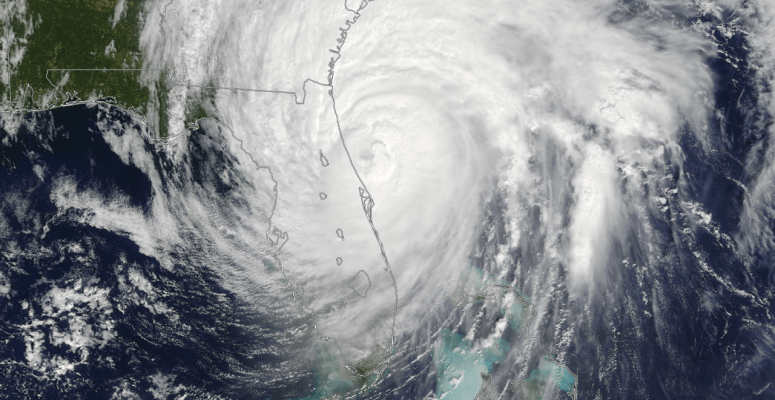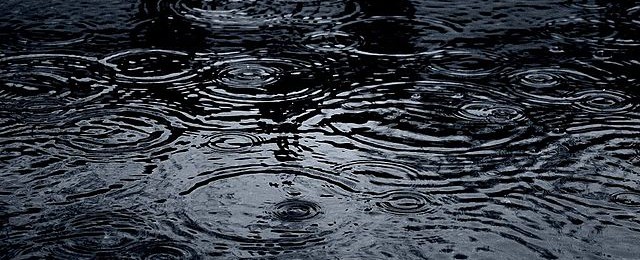Health
-

I have not had the flu so far this year, and I feel pretty lucky, because many of my friends have suffered through a miserable flu season so far this winter. I was interested to read this article by Bob Henson of Weather Underground discussing the impacts of weather on flu transmission. It turns out…
-

The Miami Herald discussed the health implications of the warming climate in a recent story about asthma and heart disease in older and poorer populations in southern Florida. As the heat rises, poor asthma sufferers try to fight it by running their air conditioners more often, but often have trouble paying the bills for the…
-

While you might know that PTSD, or Post-Traumatic Stress Disorder, is a result of being in stressful situations like combat under fire, you might not know that it can also occur in people who have lived through a traumatic event like a tornado, hurricane or fire. Politico has an interesting story about the psychological toll…
Posted in: Climate and Ag in the news, Health, La Nina and ENSO, Severe, Tropical weather, Uncategorized -

Even though it’s been three weeks since Hurricane Harvey blasted into Texas and dropped an astounding 50 inches of rain, we are still learning about the aftermath of this damaging storm. There are some lessons here to be learned by us here in the Southeast as we deal with the clean-up from Hurricane Irma, too.…
-

While farmers are still waiting for things to dry up after the passage of Irma, some initial articles about preliminary impacts from the storm are starting to appear. They describe impacts on dairy, peanuts, cotton, vegetables and sugar cane. One thing I’ve heard is reports that the pecan crop may take a heavy toll because…
-

While many eyes are focused on Texas as the flooding from Hurricane Harvey continues, it is important to realize that other places also experience extreme flood events. Even now there have been tremendous rains in parts of Florida with the tropical Investigation 92L, which has moved off to sea, and in the past we have…
-

I’ve heard stories from folks from time to time about how their aches and pains and headaches are correlated with a variety of weather conditions. Maybe you have too. But a recent research report published earlier this month, there is very little physical evidence to prove it. The researchers found that Google searches related to…